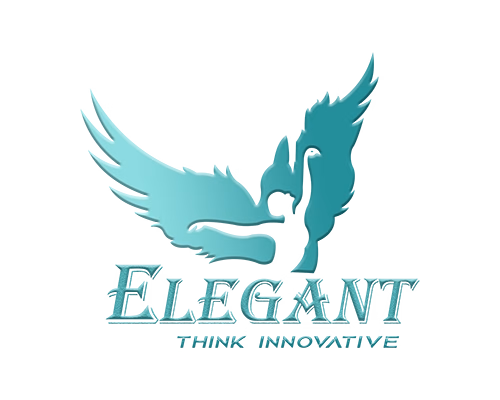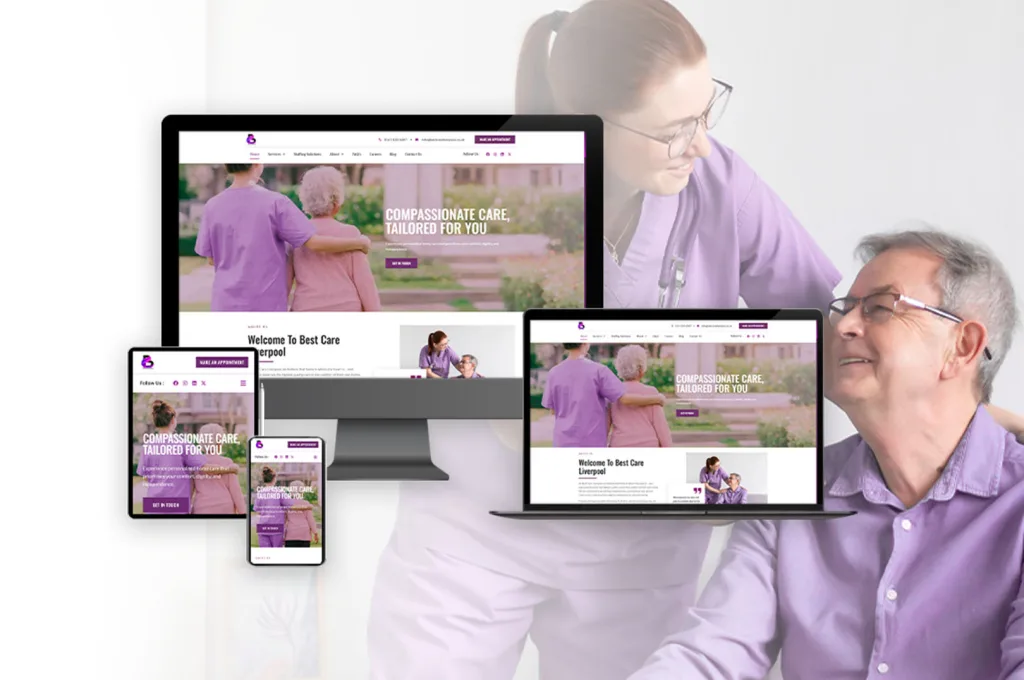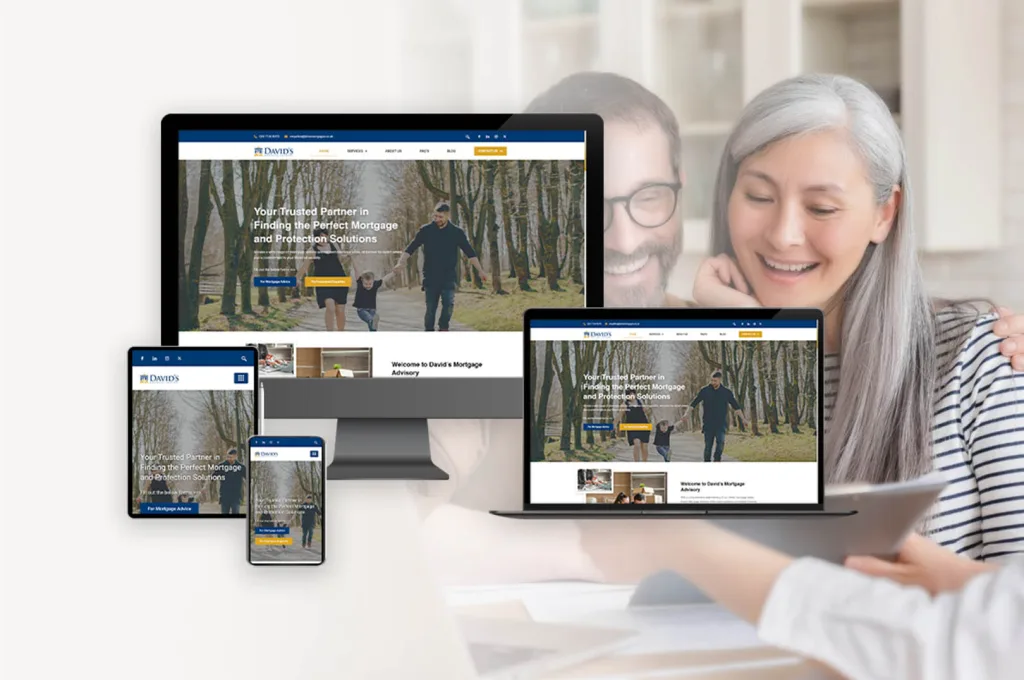What are the pages that your website needs?
What are the pages that your website needs?
Introduction
Welcome to our website! We are here to help you understand what pages your website needs in order to be successful. Having the right pages on your website is essential for creating a great user experience and ensuring that your website is optimized for search engines. In this article, we will discuss the different types of pages that your website should have, including homepages, about pages, contact pages, and more. We will also provide tips on how to create effective pages that will help you reach your goals. Thanks for reading and we hope you find this information helpful!

How to Design a Website with the Essential Pages Every Site Needs
Designing a website can be a daunting task, but it doesn’t have to be. By understanding the essential pages every website needs, you can create a website that is both attractive and functional.
The Homepage
The homepage is the first page visitors will see when they arrive at your website. It should be designed to give visitors a clear idea of what your website is about and how they can navigate it. The homepage should include a brief introduction to your website, a navigation menu, and a call to action.
About Page
The About page is an important page for any website. It should provide visitors with information about your business, such as its history, mission, and values. It should also include contact information and a link to your social media accounts.
Products/Services Page
The Products/Services page is where visitors can learn more about the products or services you offer. This page should include detailed descriptions of each product or service, as well as pricing information and any special offers.
Blog Page
A blog page is a great way to keep visitors engaged and informed about your business. This page should include a list of your latest blog posts, as well as an archive of older posts.
Contact Page
The Contact page should provide visitors with a way to get in touch with you. This page should include your contact information, such as your address, phone number, and email address. It should also include a contact form so visitors can easily send you a message.
Privacy Policy Page
The Privacy Policy page is an important page for any website. This page should include information about how you collect, use, and store visitor data. It should also include a link to your Terms of Service.
These are the essential pages every website needs. By including these pages, you can create a website that is both attractive and functional.
The Benefits of Having a Homepage, About Us Page, and Contact Page on Your Website
Having a homepage, About Us page, and Contact page on your website is essential for any business. These pages provide visitors with important information about your company, products, and services. They also help to create a professional and trustworthy image for your business.
The homepage is the first page visitors will see when they visit your website. It should provide a brief overview of your company, products, and services. It should also include a call to action, such as a link to your contact page or a sign-up form. This will encourage visitors to take the next step and contact you.
The About Us page is an important part of your website. It should provide visitors with a detailed description of your company, its history, and its mission. It should also include information about your team, such as bios and photos. This will help visitors to get to know your company and build trust.
The Contact page is essential for any website. It should include your contact information, such as your address, phone number, and email address. It should also include a contact form so visitors can easily get in touch with you. This will make it easier for potential customers to reach out and inquire about your products and services.
Having a homepage, About Us page, and Contact page on your website is essential for any business. These pages provide visitors with important information about your company, products, and services. They also help to create a professional and trustworthy image for your business. By having these pages, you can ensure that visitors have all the information they need to make an informed decision about your company.
What to Include in Your Website’s Privacy Policy Page
Your website’s Privacy Policy page should include a clear and concise explanation of the types of data you collect from users, how you use that data, and how you protect it.
First, you should explain what types of data you collect from users. This could include personal information such as name, address, email address, phone number, and payment information. You should also explain what types of non-personal information you collect, such as IP address, browser type, and operating system.
Second, you should explain how you use the data you collect. This could include using the data to provide services, process payments, or send marketing emails. You should also explain how you use cookies and other tracking technologies.
Third, you should explain how you protect the data you collect. This could include using encryption, secure servers, and other security measures. You should also explain how you respond to data breaches and other security incidents.
Finally, you should explain how users can access, update, or delete their data. You should also explain how users can opt-out of certain data collection activities.
By including this information in your Privacy Policy page, you can ensure that users understand how their data is being used and protected.
Crafting an Effective FAQ Page for Your Website
Creating an effective FAQ page for your website is an important part of providing a great user experience. An FAQ page should provide concise and accurate answers to commonly asked questions about your website, products, or services. Here are some tips for crafting an effective FAQ page:
1. Identify the most common questions: Before you start writing your FAQ page, take some time to identify the most common questions that customers ask about your website, products, or services. This will help you focus on the most important topics and ensure that your FAQ page is comprehensive.
2. Keep it concise: Your FAQ page should be concise and to the point. Avoid using long, complex sentences and try to keep each answer as short as possible.
3. Use a logical structure: Organize your FAQ page in a logical way. Group related questions together and use headings and subheadings to make it easier for users to find the information they need.
4. Use plain language: Use plain language that is easy to understand. Avoid using technical jargon or industry-specific terms that may be unfamiliar to your customers.
5. Include links: Include links to other pages on your website where customers can find more information. This will help customers find the answers they need quickly and easily.
6. Update regularly: Make sure to update your FAQ page regularly. This will ensure that customers have access to the most up-to-date information.
By following these tips, you can create an effective FAQ page that will provide customers with the information they need.
Creating an Engaging Services Page for Your Website
Creating an engaging services page for your website is essential for attracting and retaining customers. A well-crafted services page should provide visitors with a clear understanding of the services you offer, the benefits of working with you, and how to get started.
When designing your services page, it is important to keep your target audience in mind. Consider the types of services they are looking for and the language they use to describe them. This will help you create content that resonates with your visitors and encourages them to take action.
Start by creating a list of the services you offer. Include a brief description of each service and the benefits it provides. Be sure to include any relevant keywords that your target audience might use when searching for services.
Next, create a call-to-action (CTA) for each service. This could be a button or link that encourages visitors to learn more or contact you for more information. Make sure the CTA is clear and easy to find.
Include customer testimonials on your services page. This will help build trust and credibility with potential customers. If you have case studies or success stories, include them as well.
Finally, make sure your services page is easy to navigate. Include a search bar and clear navigation links so visitors can quickly find the information they need.
By following these tips, you can create an engaging services page that will help you attract and retain customers.
Conclusion
In conclusion, the pages that your website needs will depend on the type of website you are creating and the purpose of the website. However, some of the most common pages that are needed for any website include a home page, an about page, a contact page, a blog page, and a services page. Additionally, depending on the type of website, you may need additional pages such as a portfolio page, a store page, or a FAQ page. Ultimately, the pages that your website needs will depend on the type of website you are creating and the purpose of the website.
If you’re looking to create a website that stands out from the rest, then you need to check out Elegant! They have all the pages you need to make your website look professional and modern. Click here to get started today!
What are the pages that your website needs? Read More »







